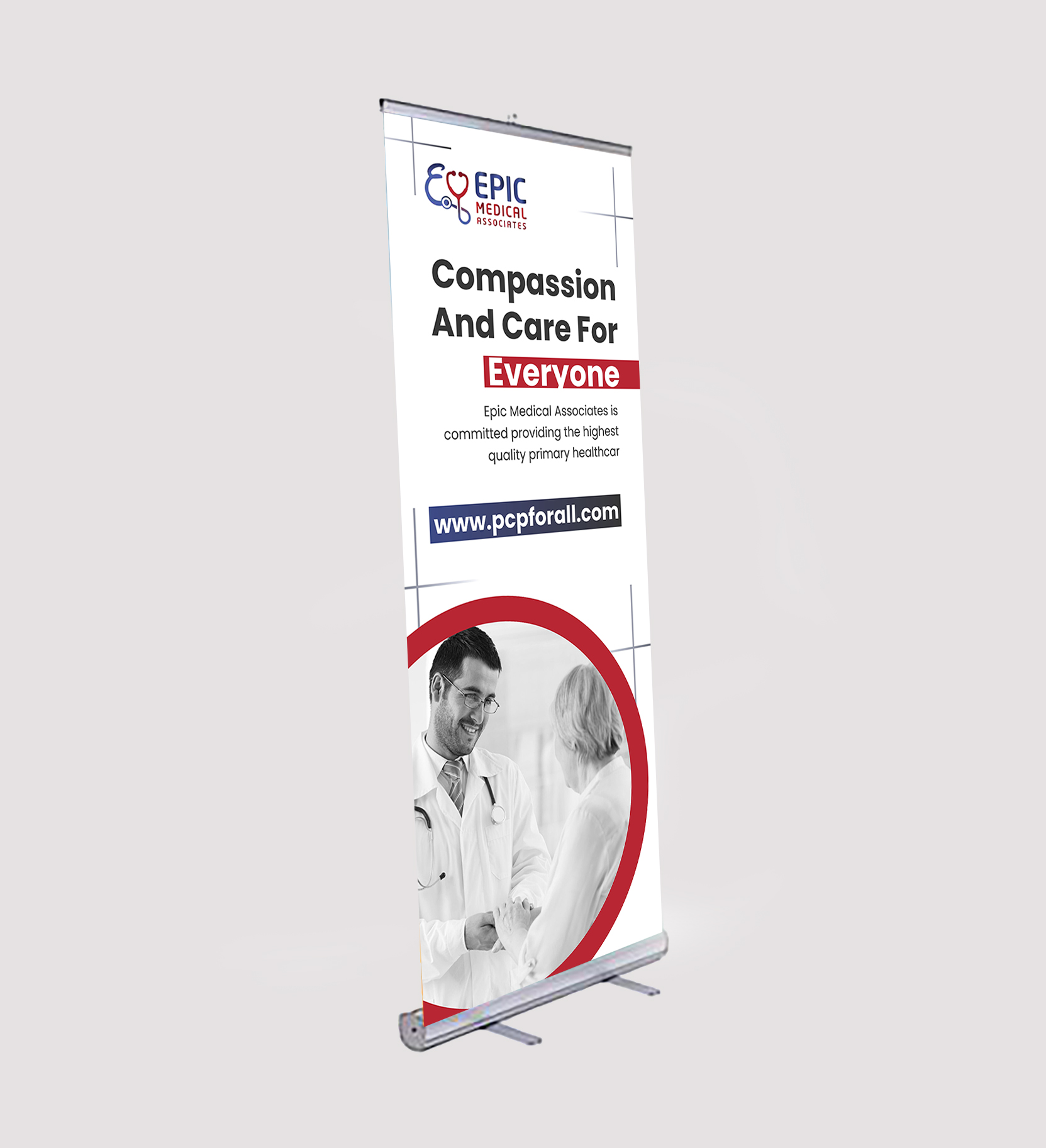The Foundation of Smart Retailing Begins Here
At AM Store Fixtures, we believe that your store’s layout is more than just a space—it’s a customer experience. Based in the heart of American retail culture, our shop is a one-stop destination for durable, stylish, and functional store fixtures.Whether you're launching a boutique or revamping a chain, our team is here to support you with tailored display solutions, competitive pricing, store fixtures shop and ready-to-ship products. From new retail fixtures to used display systems, we provide everything to help you build a store your customers will love to visit.https://amstorefixtures.com/pr....oduct/used-products-






















